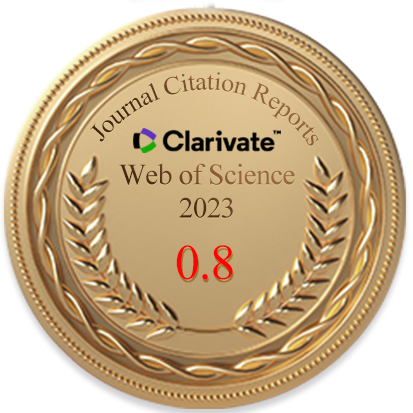Companies worldwide strive to become more sustainable, and, in this context, the circular economy (CE) gains importance as alternative system as opposed to the linear economy. Since executive mangers around the world work with management systems (MSs) to guide and improve organizational operations, this work aims to explore how integrated MSs (IMS) as business tools can contribute to the adoption of CE principles at the corporate level. To achieve this objective, a systematic literature review is performed, which results in a synthesis sample of 18 academic papers. The findings reveal how MSs contribute to CE adoption and, therefore, demonstrate that managers can use IMS to foster CE implementation. In addition, the findings highlight the importance of institutional intervention in the transition from a linear towards a circular designed economy. The paper contributes to academia by linking the concepts of IMS and CE, synthesizing the current academic knowledge at hand, and proposing a comprehensive research agenda that sets the path for future academic investigations. In a practical perspective, the paper contributes also to managers since it emphasizes how IMS can be used to incorporate circular business thinking into operations management.

 ,
,  ,
,  ,
, 
















